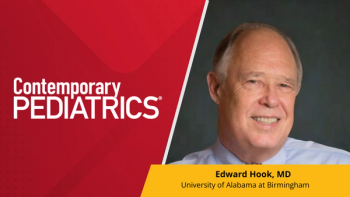
News Update: Pediatric research to be a priority at NIH
Francis S. Collins, MD, PhD, the newly appointed head of the National Institutes of Health (NIH), promised pediatricians at the AAP conference that he aims "to focus on pediatric research as a very important priority."
Francis S. Collins, MD, PhD, the newly appointed head of the National Institutes of Health (NIH), promised pediatricians at the AAP conference that he aims "to focus on pediatric research as a very important priority for where we need to go in these next few years."
Collins, who headed NIH's National Human Genome Research Institute for 15 years and led the Human Genome Project, told attendees: "I think the scientific opportunities are exhilarating at the present time, to be able to apply some of the new technologies and new insights to both understand fundamental aspects of development and how disease arises and to be able to implement translational strategies to come up with new therapeutics."
The director also assured attendees that he is a strong supporter of the National Children's Study, saying that this year NIH will be looking at the progress of that study's "Vanguard Centers" and "trying to assess how best to ramp this up."
He also said he is setting up "a very high-level and high-quality search committee" in the very near future to identify the next permanent director of the National Institute of Child Health and Human Development.
"We all recognize the remarkable contributions of Dr. Duane Alexander as the leader of that enterprise over more than 20 years," Collins said.
Alexander recently announced he would be leaving the institute to be a senior advisor in the NIH's Fogarty International Center on a White House initiative to reduce maternal and infant morality and morbidity in the developing world.
Newsletter
Access practical, evidence-based guidance to support better care for our youngest patients. Join our email list for the latest clinical updates.








